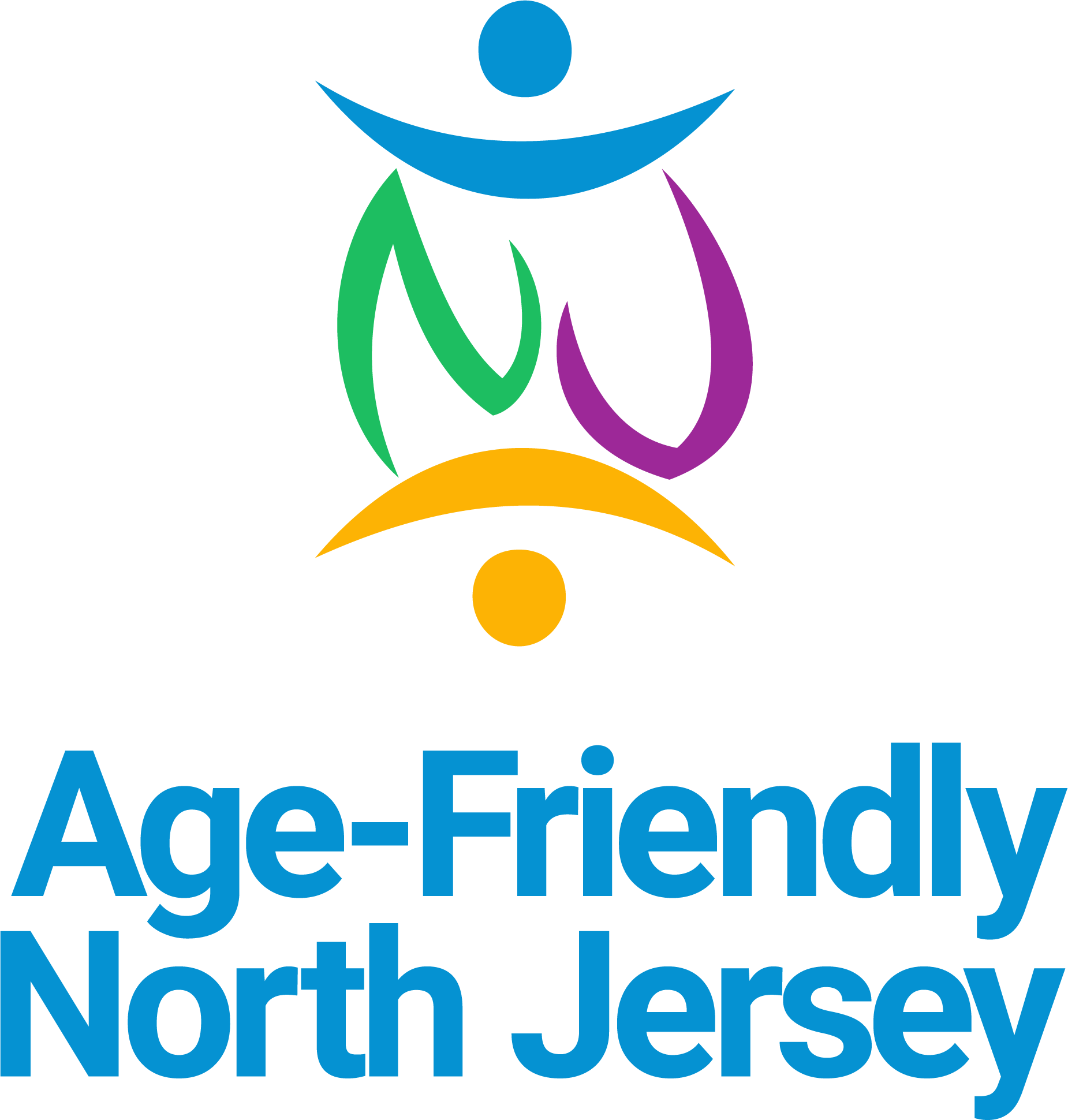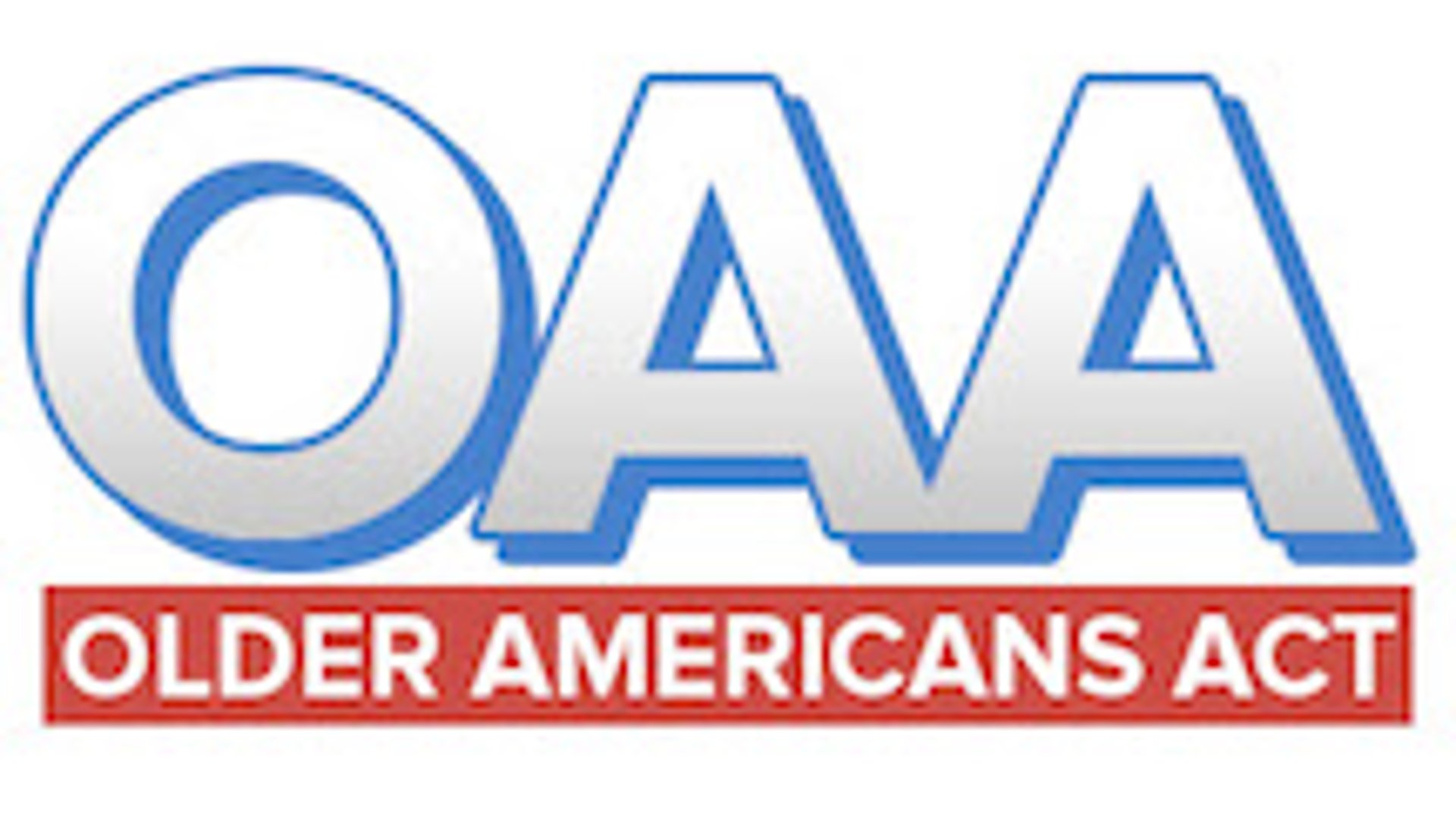This year could mark the first major revisions in more than 35 years to the rules governing the Older Americans Act, the federal law that backbones many of the community-level programs that provide meals, senior center programs, transportation, home-care and much more.
The nearly 60-year-old law is due for re-authorization by Oct 1, 2024, the end of the current federal fiscal year. The Administration on Community Living – the agency that directs the programs and grants funded by the OAA – has spent much of the past year seeking comments and feedback on new guidelines and updated regulations.
The changes to the OAA seek to bolster localized planning and preparedness, a goal that aligns with the age-friendly movement’s mantra of searching for the local solutions that can best address the global challenges and opportunities of our aging population.
“Continuing to modernize and adapt the county services and local programs supported by OAA is essential to making New Jersey communities more resilient, more inclusive and more supportive of aging in place,” said Julia Stoumbos, director of aging-in-place programs for The Henry and Marilyn Taub Foundation, one of the founders of Age-Friendly North Jersey alliance. “The continued progress of our age-friendly movement is very much tied to the continued re-authorization and funding of the Older Americans Act.”
Aging advocates are urging older adults and stakeholders to monitor the re-authorization and budget process and be ready to speak up in support of the crucial programs and policies set forth in the law.
Despite a long history of bipartisan support for the Older Americans Act, the path to reauthorization is murkier this year because of entrenched partisan divisions in Congress, which have delayed re-authorization of other laws and led to protracted budget battles each year.
“It’s never been a more important time to educate older adults, family caregivers and community leaders about the huge impact that the Older Americans Act has on many people’s lives,” said Dr. Cathy Rowe, executive director of New Jersey Advocates for Aging Well.
First adopted in 1965 and then substantially overhauled in 1988, The Older Americans Act authorizes grants to state agencies, which in turn fund county- and regional-level Area Agencies on Aging, which in turn fund an array of local services.
Some of the regulatory changes to the OAA are a response to lessons learned during the pandemic – such as beefed-up requirements for emergency and disaster planning, more targeted support for family caregivers and more flexibility for senior centers to offer virtual programming and meals-to-go, when circumstances dictate. Other changes result from an increased emphasis on addressing “social determinants of health”- factors such as transportation, housing, social connections and financial security.
For a summary of the OAA rule changes that take effect on March 15, click here
.
Some of the new regulations will allow states and counties to develop more localized measures for determining “greatest economic need” and “greatest social need” and using such data to develop area service plans that promote equity and prioritize vulnerable populations.
In the current fiscal year, the federal government spent about $2.4 billion on Older Americans Act programs, the majority of which are considered “core services.” Those services vary depending on local needs but often include transportation, nutrition, support for caregivers, recreation, in- home assistance, disease prevention and more. The OAA also authorizes funding for training, research and demonstration projects in the field of aging as well as grants for services for Native Americans and elder rights activities.
If the law is not re-authorized, many of the initiatives and programs it funds would have to be approved as separate appropriations, leaving them more susceptible to budget cuts. That would increase the need for heightened and coordinated advocacy.
The National Council on Aging, a nonprofit advocacy and service organization, designates significant time and resources to guide older adults, nonprofit providers and other stakeholders on how to effectively advocate to Congress and the administration for re-authorization and full funding of the OAA, which funds the local aging networks of services that millions of older adults and caregivers rely on.
The NCOA offers a number of effective tips on advocacy and sample letters to send to congressmen and senators and recommends sharing personal stories about how OAA-funded programs and services have impacted individual lives.
“It’s important to remember that our local age-friendly community work is very much connected to the budget debates playing out in Washington,” said Renie Carniol, director of Grotta Fund for Older Adults. “Part of our mission needs to be ensuring that the voices of local residents and local officials are heard at the federal level.”

